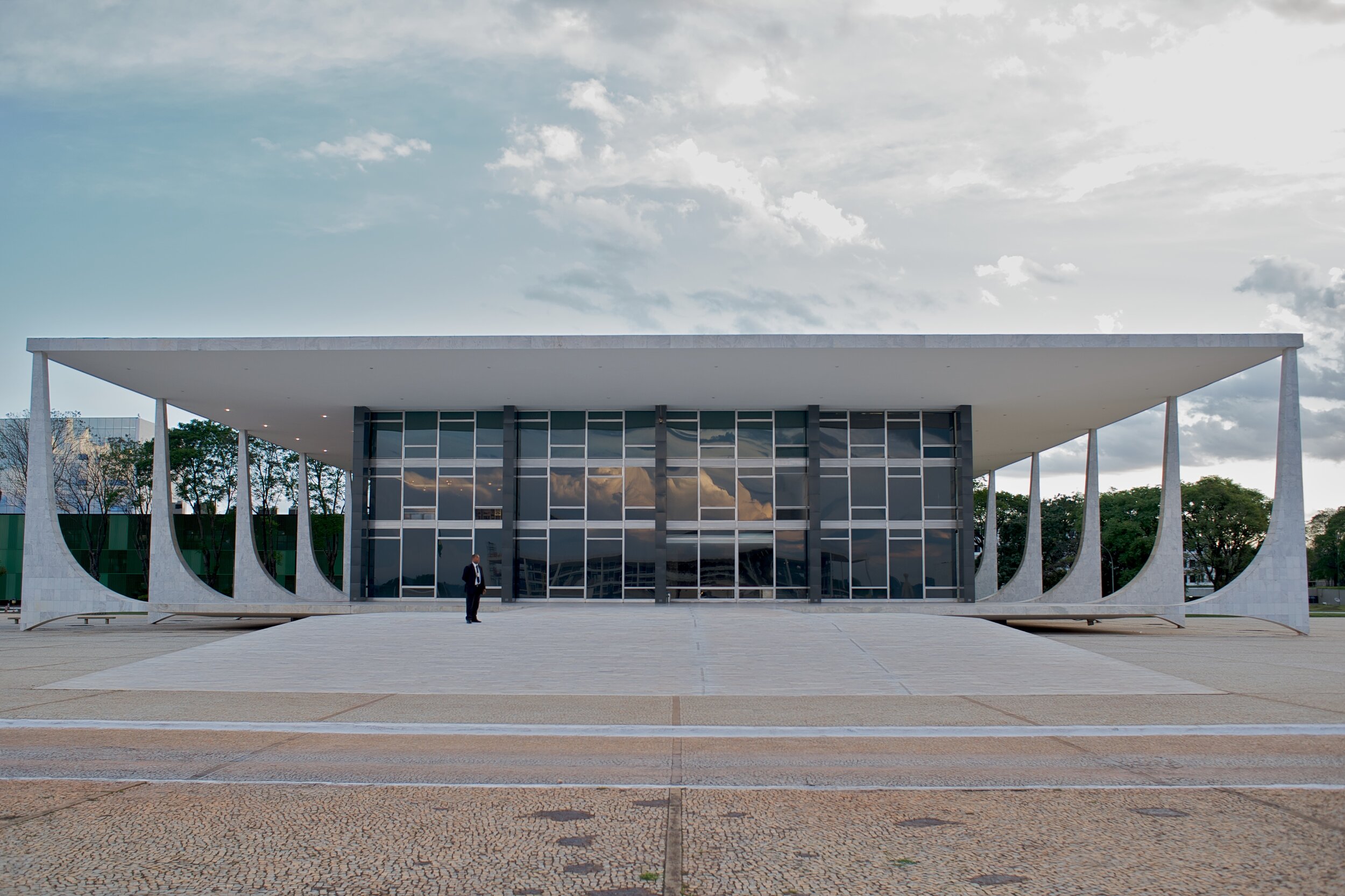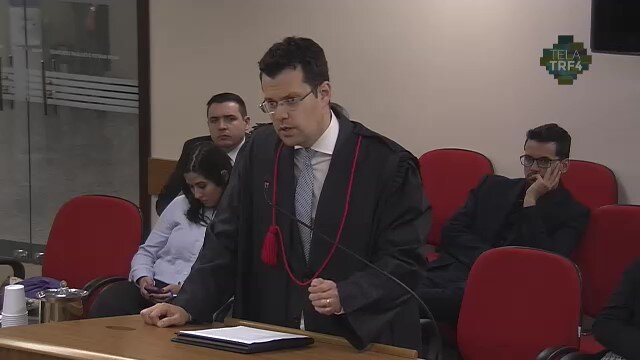Litigation in Brazil
Brazil is a major world economic power and one of the top trading partners of the United States. It is also a global capital of culture and commerce, as well as a place I have always wanted to visit. So I was excited to speak with Filipe Scherer Oliveira, a partner at Veirano Advogados in Porto Alegre, Brazil, to learn about what litigation is like in South America’s largest country.
Why should you continue reading this post about litigation in Brazil?
You import products from Brazil and are interested in what dispute resolution looks like there.
You are interested in how electronic filing is expanding in South America for some reason.
You are curious about some interesting differences between the American and Brazilian courts, like in the division of attorneys’ fees and the appointment of expert witnesses.

Filipe Scherer Oliveira is a partner at Veirano Advogados in Porto Alegre, Brazil. This interview has been lightly edited.
Can you tell me about the kinds of disputes you handle in your legal practice?
I handle a wide array of business disputes, ranging from corporate disputes, to EPC contracts, to regulatory issues (mainly power), to class actions.
What type of clients do you generally represent in disputes?
I usually represent large businesses.
Besides Microsoft Office, what software do you use in your practice?
Adobe Professional and Workshare Compare.
What books and websites do you use for legal research?
Court decisions are usually public in Brazil and available at the court’s website; so courts’ websites are major sources of research. In what regards books, I use everything I can find.

Do you electronically file pleadings with the court? Or must you send paper copies of them to the courthouse?
Brazil is currently transitioning from paper filing to electronic filing. Some courts are still paper-based, but most new cases are electronic.
Generally speaking, how many pages are the complaints or initial pleadings you see in your work?
This varies tremendously. There are some very short complaints (such as 5 pages) and some extremely long (over 250 pages).
In my practice, I’d say that on average complaints have about 20-40 pages. Here’s a link to the complaint of a very famous case decided by the Supreme Court, which decided that the abortion of anencephalic fetus is not a crime.
Generally speaking, how long does it take for a case to go from complaint to judgment?
My rule of thumb is two years, but if there is complicated technical evidence, it may take more time.
Does Brazil have specialized courts that only hear commercial cases?
Yes. This varies from city to city, but the major cities have specialized courts to hear commercial cases.
Who decides the facts in a commercial case? Is it a judge or a jury?
A judge. We only have a jury to decide cases in which there’s a willful crime against someone’s life.
Generally speaking, how is evidence exchanged between the parties before trial?
There is no discovery process in Brazil.
In summary, all available documents relevant to the case must be presented by the plaintiff with the complaint. The defendant must present all of the documents she deems relevant with her answer. The plaintiff may then file a reply attaching additional documents.
If there are disputed technical issues, the parties may ask the judge to appoint an expert. In that case, the parties write questions to this expert, who prepares a report giving his opinion on the matter and answering the parties’ questions.
Do you get to interview the opposing witnesses before the trial?
No.
If you win, does the other side reimburse your attorneys’ fees?
No. The winning party does not get reimbursement for her attorney’s fees.
Yet, the losing party is mandated by law to pay the winning lawyer (note: the winning lawyer, not the winning party) attorney’s fees between 10% and 20% of (a) the amount of the decision, (b) the economic benefit of the winning party, or, if neither of these may be calculated, (c) the claim value. So, lawyers are usually compensated by a fee arranged with their client and, if they win the case, they receive additional compensation from the losing party.
Some lawyers, in certain cases (e.g., if the amount under dispute is very high, the chances of winning are also high and the other party has means to pay these “legal” attorney’s fees), do not charge their clients for fees (or charge very little) and rely solely (or mainly) for their compensation on winning the case and receiving attorney’s fees from the losing party.
Are the Brazilian courts open to the public? Can ordinary people watch a commercial trial?
Yes. As a rule, all cases are public.
Do you believe that Brazilian courts have a particular strength for resolving commercial disputes? How about a weakness?
I think that Brazilian civil procedure is very logical and straightforward, which is a good strength.
However, there are two important weaknesses: decisions are too slow and there’s too much “judicial insecurity,” as precedents are not firmly respected (it is common for courts to “get creative” and deviate from established precedents).
How often do you go to the courthouse?
I go to the courthouse every month, on average.

When you are there, do you need to wear a special robe or wig?
We use special robes only in courts of appeal to make oral pleadings.
